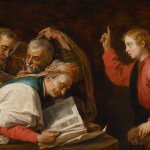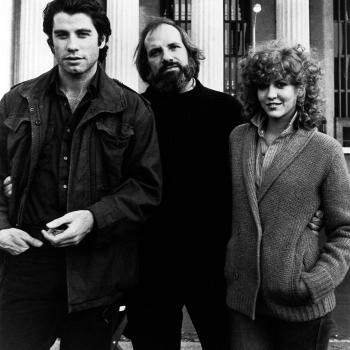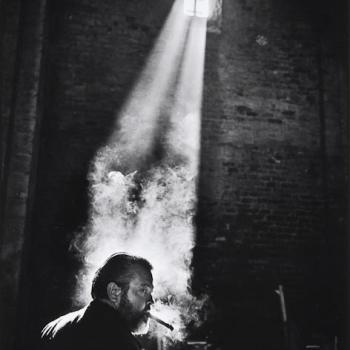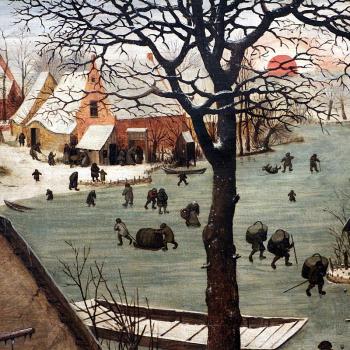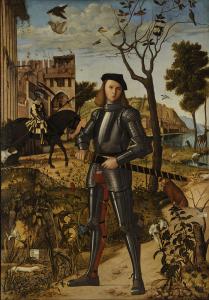
I’m currently at a conference at Notre Dame. Yesterday, I took part in a panel that, whatever its initial pretensions, ended up discussing concepts like “Great Books” and “humanism,” two nebulous, but, in their own way, important, topics. I owe much to my interlocutors, so I’d like to start by offering my thanks; the following (in)coherent ramblings are, at bottom, rooted in what they had to share.
These questions seem worthy of address largely because there’s a lot of discussion of the “Humanities” these days—how they’re dying, how we need more STEM, and so on, and so on. There are, to be reductive, usually thought to be two camps: those who defend the Humanities as necessary for a well-rounded, “critical” education, and those who think, like Neil DeGrasse Tyson, that philosophy ist tot (hopefully I may be forgiven for being so black-and-white in a way that I think is, ultimately, necessary). Among the more stark positions on the pro-Humanities side has to do with the “Great Books—admittedly a vague-sounding conception.
I’d like to start, then, by thinking about what the Great Books are. Why? Because, at bottom, I think there’s a kernel of truth in discussions of “Great Books,” but a kernel that is often taken far too far, taken to the point of defending unnecessary and unhelpful positions. As with, say, being romanced by the GOP, we Catholics have to be wary of what seem “good” options, or what we have been told are the positions we ought to take.
The term can mean a few related things, but it’s often associated with homeschooling programs, classical high schools, and colleges like St. John’s. One might think of terms like “the Canon” or “humanism,” that is, the Great Books are thought to encourage something intrinsically “human” in people, to bring out something positive in their nature. Literature thus stands or falls based on its merits as a positive moral experience; its goal is uplift, edification. We are told that this is what literature has always done for people; it is the Christian way to read, or at least the Classical one, the way that unites the Greco-Roman and the Judeo-Christian. It very often ends up an ideological blend of the 1950s, post-medieval Humanism, and something like a broadly-Christian imagination.
And the key point here, for me, a medievalist, is the term “post-medieval.” The reality is that this sort of canonical reading lacks one very, very important thing: rigorous historical consciousness. It forgets that its way of understanding “the canon” is itself fairly new, a product of the last several centuries, one might say, a product of (were I to wish to be polemical) secularization.


